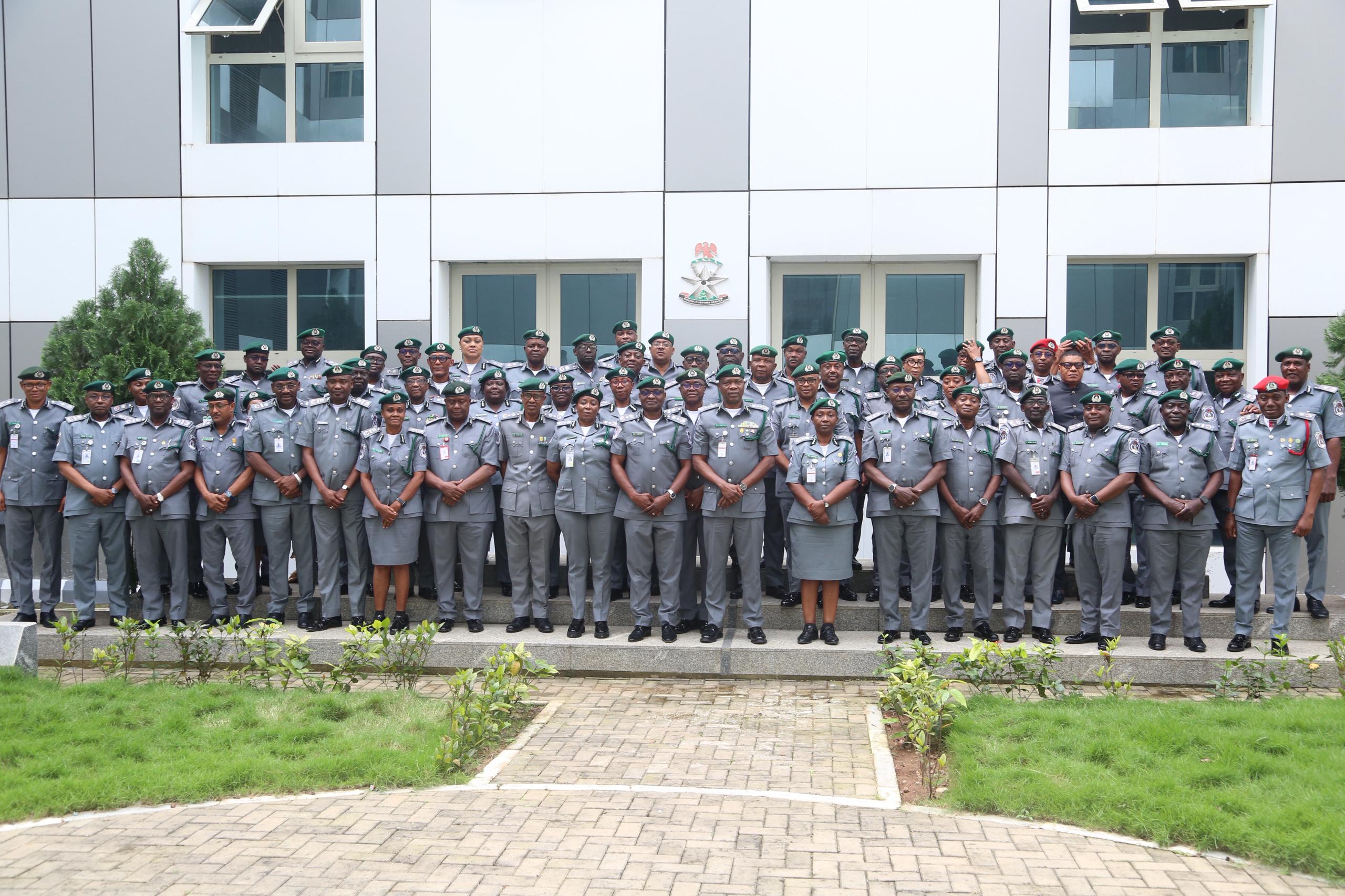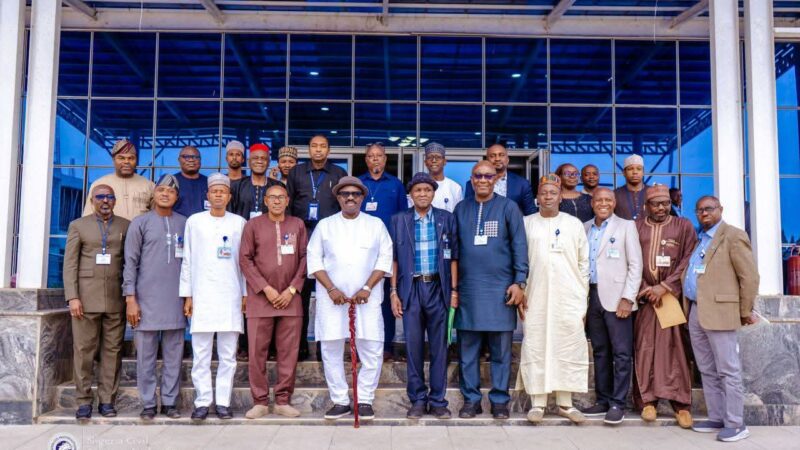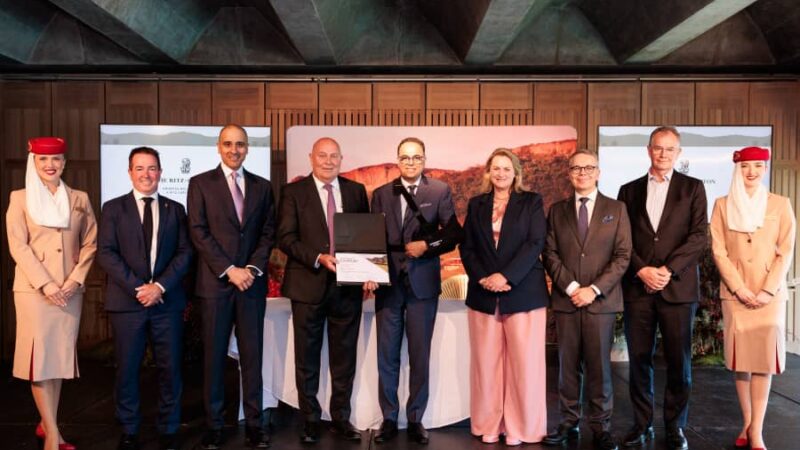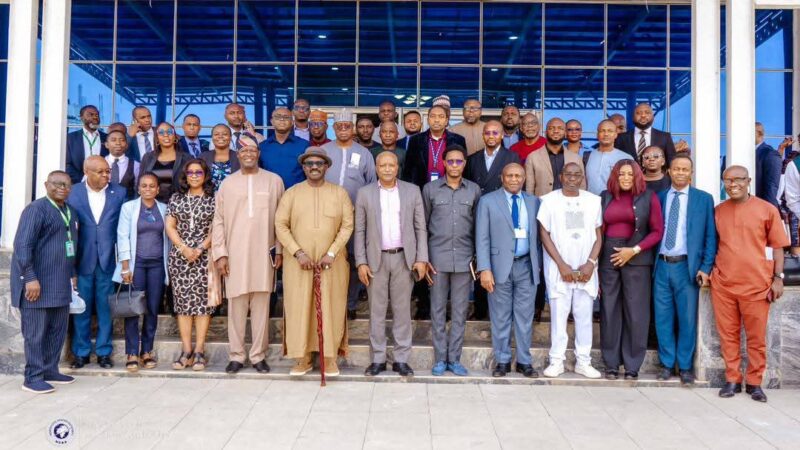Nigeria Customs Launches One-Stop-Shop to Cut Cargo Clearance Time to 48 Hours

The Nigeria Customs Service (NCS) has unveiled a landmark reform with the official introduction of its One-Stop-Shop (OSS) Initiative, aimed at reducing cargo clearance time from 21 days to just 48 hours.
The new framework was announced during a high-level management meeting in Abuja chaired by the Comptroller-General of Customs (CGC), Adewale Adeniyi.
The meeting brought together Customs Area Controllers and senior officers to deliberate on the Service’s modernisation agenda and the leadership roles required to drive reforms across commands.
Describing the OSS as a “transformative shift” aligned with international best practices, Adeniyi said the initiative underscored the Federal Government’s Ease of Doing Business policy. He explained that the reform would sanitise Customs operations, eliminate duplication of efforts, and ensure greater predictability in clearance procedures.
“The OSS initiative will not only shorten clearance time from 21 days to 48 hours, but it will also strengthen trader confidence, restore transparency, and make our operations more business-friendly,” the CGC declared.
He further stressed that while technology had significantly improved Customs operations, it remained essential to maintain physical engagement with officers.
“As much as technology has helped us, it has its limits. There are moments when physical presence coming together under one roof adds weight and value to our deliberations. Meetings like this strengthen our unity of purpose and ensure we speak with one voice,” Adeniyi said.
Under the OSS framework, all Customs units will collaborate in handling flagged declarations, thereby reducing multiple checks and curbing delays. Importantly, consignments cleared under the new system will not be subject to re-interception, a measure designed to cut costs and improve trade facilitation.
The Abuja session also reviewed the Service’s accountability framework, unveiling a new central dashboard to monitor clearance times, interventions, and stakeholder satisfaction.
Adeniyi noted that the OSS would initially be piloted at Apapa, Tin Can Island, and Onne Ports before a nationwide rollout. He added that the reform enjoys the full backing of the NCS Act 2023 and is in line with Nigeria’s commitments under the World Trade Organisation’s Trade Facilitation Agreement (TFA).
“This is not just a policy. It is a statement of intent that reflects our determination to build a modern, transparent, and trader-friendly Customs Service,” he concluded.
The initiative was warmly received by Customs Area Controllers, who pledged their support and described the reform as both timely and necessary.
They assured the CGC of their commitment to championing the OSS in their respective commands and working collaboratively to achieve the ambitious 48-hour clearance benchmark.







